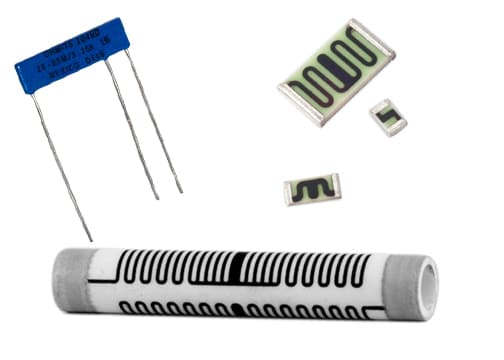Guide to Thick Film Resistors
Thick film resistors, hailed for their versatility, durability, and wide-ranging applications, are a cornerstone of modern electronics. These compact components play a crucial role in circuit design, offering precise resistance values and reliable performance across various operating conditions. In this blog post, we'll delve into everything engineers should know about thick film resistors, from their construction and characteristics to their applications and selection considerations.
Understanding Thick Film Resistors
Construction
Thick film resistors are composed of a resistive paste, typically made of ruthenium oxide or similar materials, deposited onto a ceramic substrate. The resistive paste is screen-printed onto the substrate and then cured at high temperatures to form a thick, uniform film.
Characteristics
Thick film resistors exhibit excellent stability, high power handling capability, and low temperature coefficients of resistance (TCR), making them ideal for a wide range of applications. They offer precise resistance values with tight tolerances, typically ranging from ±1% to ±5%.
Temperature Coefficient of Resistance (TCR)
The TCR of thick film resistors is typically lower than that of carbon composition resistors, ensuring minimal resistance drift over temperature variations. Low TCR values make thick film resistors suitable for applications requiring stable performance across varying operating temperatures.
Power Handling Capacity
Thick film resistors are capable of dissipating relatively high power levels, thanks to their robust construction and efficient heat dissipation properties. They are available in various power ratings, ranging from fractions of a watt to several watts, depending on the size and design of the resistor.
Applications of Thick Film Resistors
Precision Instrumentation
Thick film resistors are commonly used in precision instrumentation and measurement equipment, where accuracy and stability are paramount. They provide precise resistance values with low drift, ensuring reliable performance in sensitive electronic circuits.
Industrial Control Systems
Thick film resistors find extensive use in industrial control systems, such as PLCs (Programmable Logic Controllers), motor drives, and process control equipment. Their high power handling capacity and stability make them suitable for harsh industrial environments with fluctuating temperatures and electrical loads.
Automotive Electronics
Thick film resistors are integrated into automotive electronics for various applications, including engine control modules, airbag systems, and entertainment systems. They offer reliability, durability, and resistance to vibration and temperature extremes, making them well-suited for automotive applications.
Consumer Electronics
Thick film resistors are ubiquitous in consumer electronics devices such as smartphones, tablets, TVs, and audio equipment. Their compact size, high precision, and cost-effectiveness make them ideal for mass-produced consumer products with stringent performance requirements.
Considerations for Selection
Resistance Value and Tolerance
It's important to choose thick film resistors with resistance values and tolerances that meet the requirements of the application. Consider factors such as precision, stability, and drift over temperature when selecting the appropriate tolerance level.
Power Rating
Select thick film resistors with power ratings compatible with the expected power dissipation in the circuit. Ensure that the chosen resistor can handle the maximum power without overheating or compromising performance.
Temperature Coefficient
Consider the temperature coefficient of resistance (TCR) when selecting thick film resistors for applications with wide temperature ranges. Choosing resistors with low TCR values will minimize resistance variation over temperature changes.
Size and Mounting
Evaluate the physical dimensions and mounting options of thick film resistors to ensure compatibility with the circuit layout and space constraints. Choose resistors with appropriate package sizes and mounting configurations for easy integration into the design.
Environmental Considerations
Assess the environmental conditions of the application, including temperature, humidity, and vibration, and select thick film resistors with suitable ratings for reliable operation.
Conclusion
Thick film resistors stand as indispensable components in the world of electronics, offering precision, reliability, and versatility in a compact package. From precision instrumentation and industrial control systems to automotive electronics and consumer devices, thick film resistors find applications in diverse fields. By understanding their construction, characteristics, applications, and selection considerations, engineers can leverage the power of thick film resistors to design innovative and reliable electronic systems with confidence.

Blog
Read More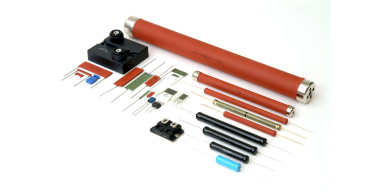
Guide to Power Resistors
Power resistors are used to dissipate energy by converting it to heat. and are designed to maintain stable performance. Call now and request a quote today!
Read More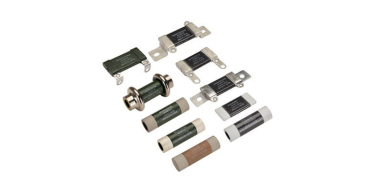
Guide to Ceramic Resistors
Ceramic Composition resistors are composed of a mixture of a finely ground insulator and conductor which is compressed into a cylindrical shape. Call now!
Read More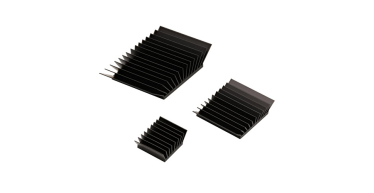
Guide to Heat Sinks
As semiconductor devices scale to smaller sizes and higher power densities, thermal management has become more challenging Call now and request a quote!
Read More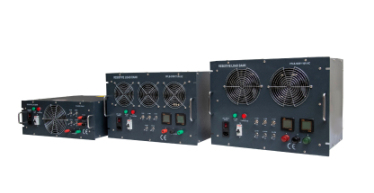
Guide to Load Banks
A load bank is a device that is intended to accurately mimic a load that a power source will see in an actual application. Call now and request a quote today!
Read More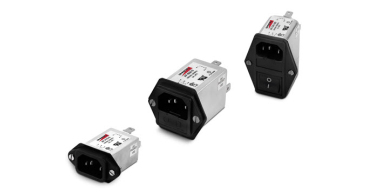
Guide to EMI Filters
To control the effects of EMI, standards are in place internationally, for commercial electronics, aerospace as well as military and space applications. Call now!
Read More
Guide to Rheostats
Rheostats, a fundamental component in electrical engineering, play a crucial role in controlling current flow and adjusting resistance in electrical circuits. Call now!
Read More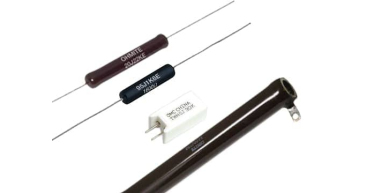
Guide to Wirewound Resistors
Thick film resistors, hailed for their versatility, durability, and wide-ranging applications, are a cornerstone of modern electronics. Call now and request a quote!
Read More
Ohms' Law Calculator
Read More
Ohm's Law 101
Ohm's Law stands as one of the fundamental principles in electrical engineering, providing a cornerstone for understanding and analyzing electrical circuits. Call now!
Read More
Energy Rating Calculator
Read More
Media Library
Read More
Technical Information
Read More
Industrial Resources
As a manufacturer of power resistors, Ohmite often creates products designed for industrial applications.
Read More
Medical Resources
As a manufacturer of power resistors, Ohmite often creates products designed for medical applications.
Read More
Transportation Resources
As a manufacturer of power resistors, Ohmite often creates products designed for transportation applications.
Read More
Military & Aerospace Resources
As a manufacturer of power resistors, Ohmite often creates products designed for military and aerospace applications.
Read More

